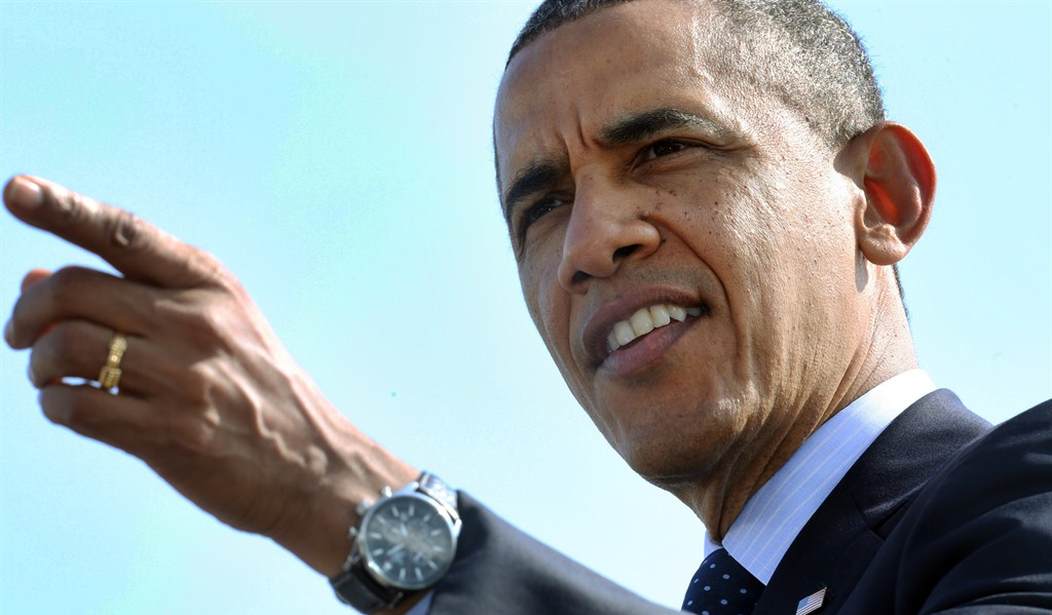At this point, it's widely expected that the provision will remain in limbo permanently. Former White House Press Secretary predicted last month that the provision would never go into effect; the Urban paper will give the administration ammunition to defend the move on policy grounds if and when another delay or permanent postponement is announced.
The policy rationale for ending the employer mandate is clear enough: Because it requires employers to provide coverage for full-time workers once the 50-employee threshold is reached, it creates incentives for firms to avoid hiring, or to cap employee hours so that they do not qualify as full time. End the mandate, and those incentives disappear.
But the employer mandate wasn't included in the law for no reason. It's meant to prevent employers from simply dropping coverage and sending full-time workers to get insurance through the exchanges. In an initial draft of the law that lacked a mandate, the Congressional Budget Office (CBO) estimated that about 15 million employees would lose their workplace coverage and be sent to the exchanges instead—increasing the law's disruption of current coverage arrangements and the cost of subsidies for exchange-based insurance. The inclusion of an employer mandate significantly mitigated the CBO's estimate of these effects.
Here's the thing: health policy wonks on both the left and right have spoken about the upsides of disentangling employment and health insurance. The past (and current) status quo still includes huge incentives for employers to be the primary vehicles for insurance, however. The employer mandate is a part of that.
Obamacare was controversial enough on its own without going after the employment-insurance nexus, though. So one of the key promises from President Obama was the now-infamous "if you like your doctor, you can keep your doctor" promise. That was a blatant falsehood at the time and it has been exposed as such. The employer mandate was key to this promise. As Suderman writes, without the mandate, there are incentives for businesses to just ditch insurance as a benefit and let the exchanges and federal government subsidies take care of it.
Without the mandate, there would have been (and might still be, if it never goes into effect) a lot more disruption in the insurance market. If Obama had never made the "keep your doctor" promise, it would have been much easier to never include an employer mandate in the first place. Now that Obamacare is settling into an uneasy status quo, however, the "keep your doctor" promise is no longer needed. The employer mandate might no longer be needed either.
Recommended
This is a subtle political point that Republicans might have overstressed: most conservative-ish health reform would have included as much insurance disruption as Obamacare. The point that Republicans should be attacking the President on is the lie of "keep your doctor," not necessarily on the inherent goodness of the insurance status quo. However, that has likely gotten mangled - and many conservatives do believe that everyone should be able to keep their insurance status quo in any broad-based reform plans. But the breaking of the employment-insurance nexus will by necessity require a lot of disruption, and honest conservatives will admit that to themselves.
The "keep your doctor" promise has been called "Obamacare's original sin." Now that we've admitted the sin, however, Obama might not feel compelled to even try to keep the original promise.

























Join the conversation as a VIP Member